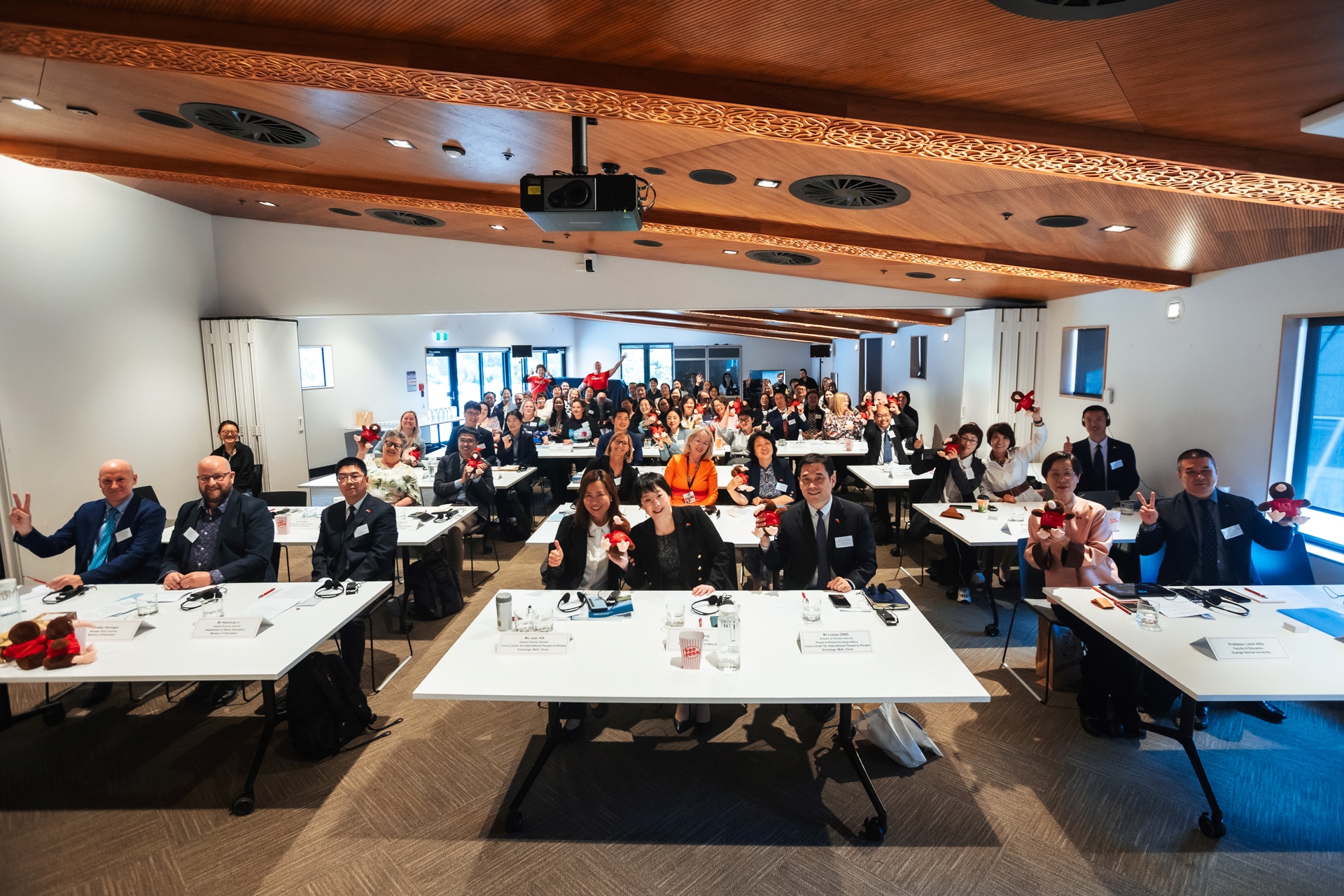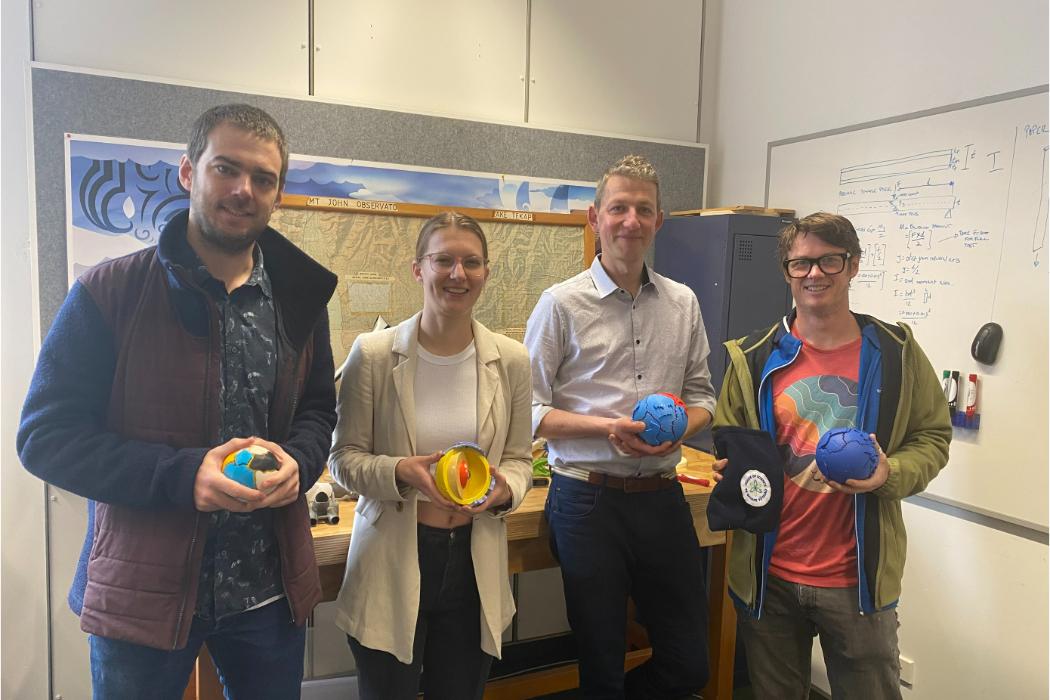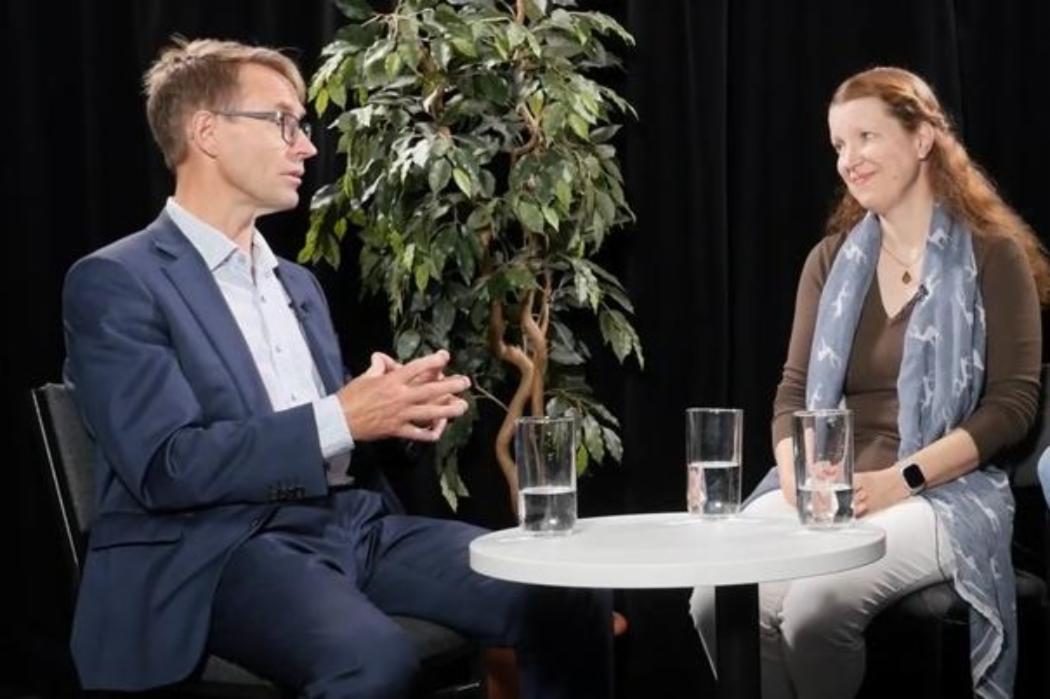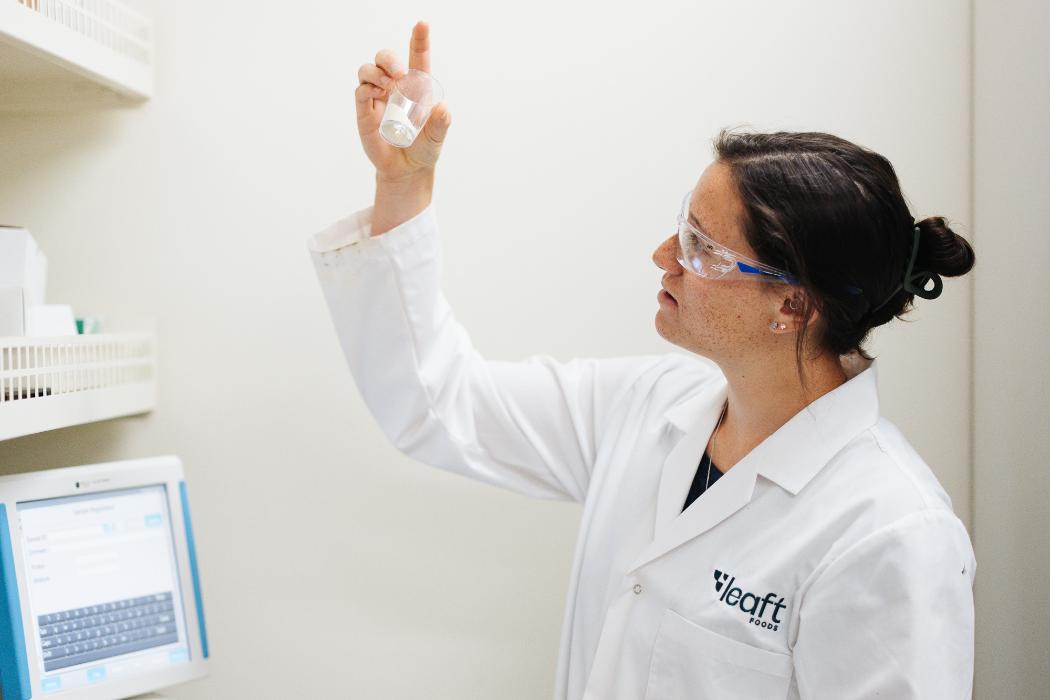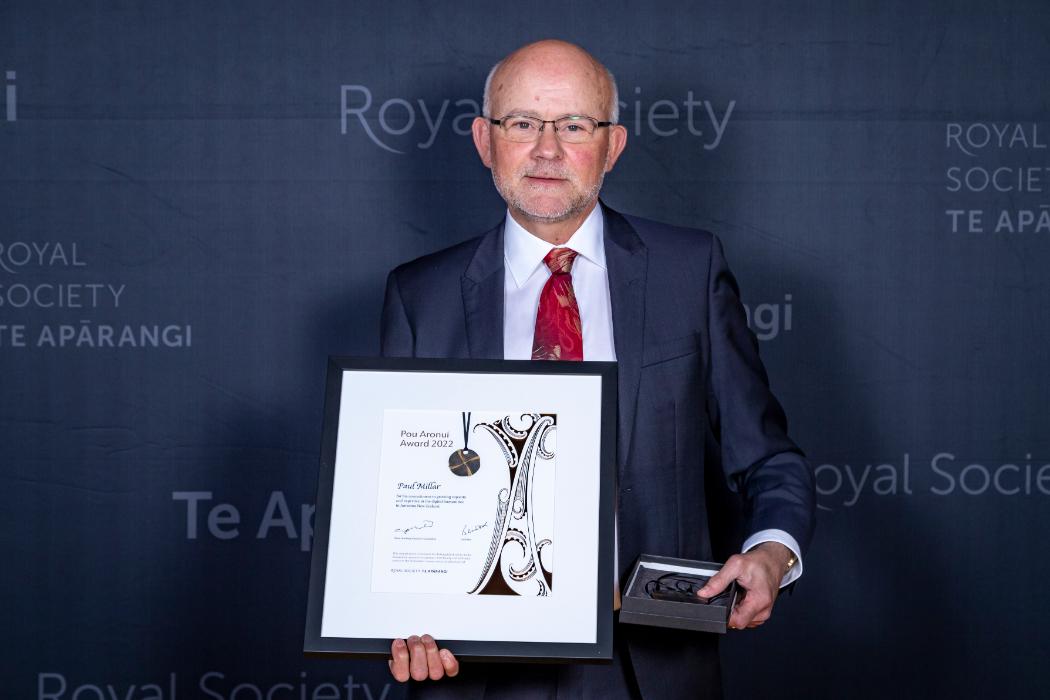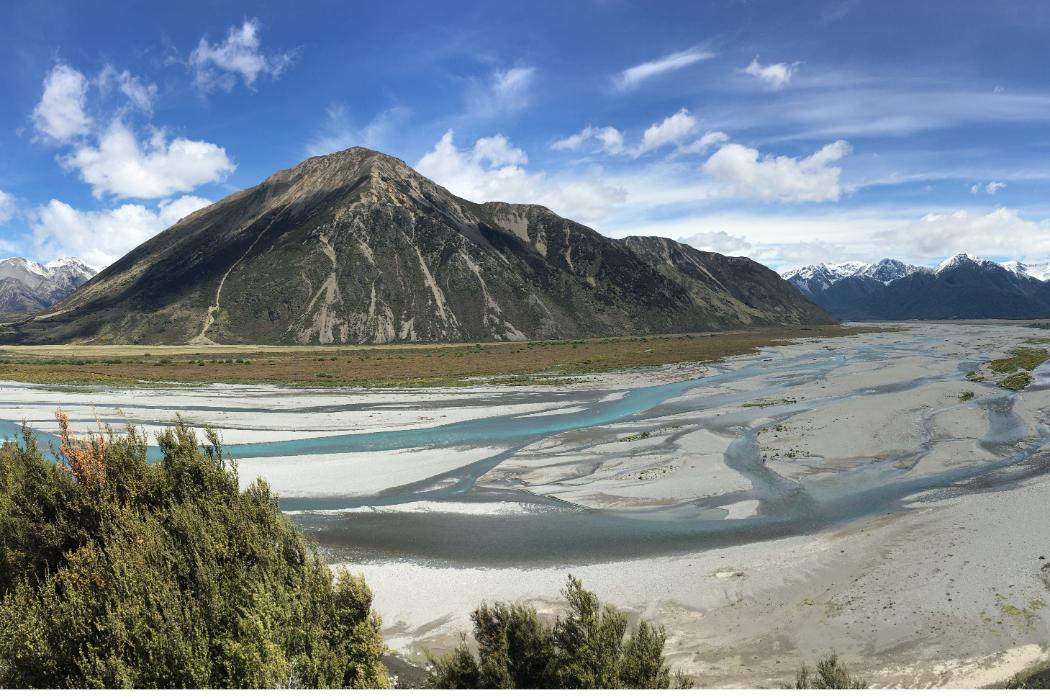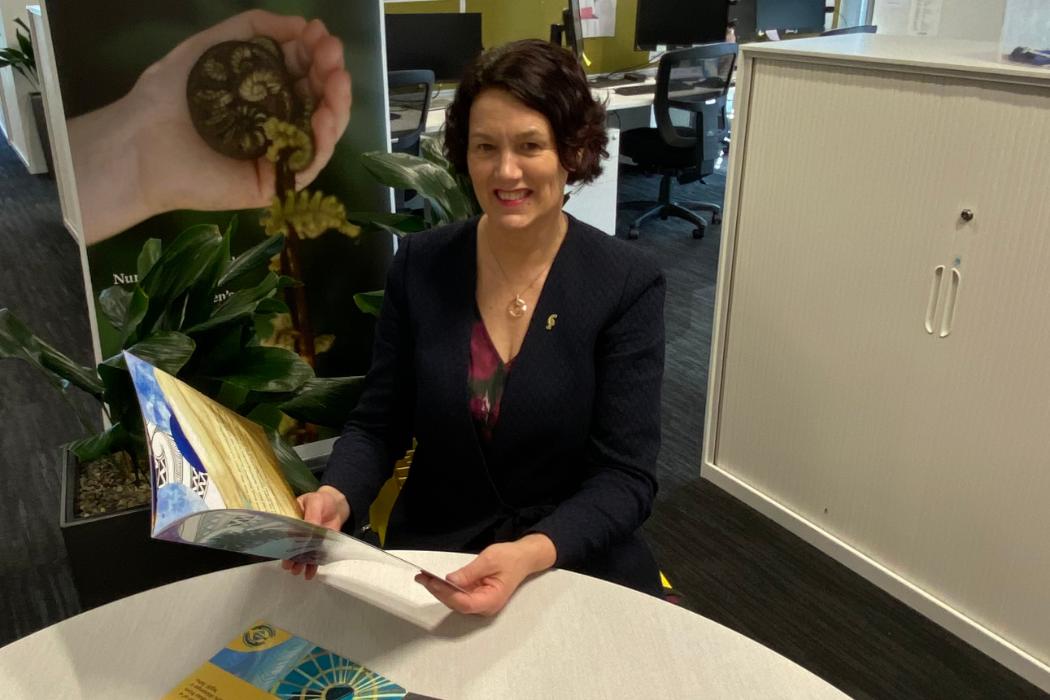Emerging contaminants (ECs) are chemicals that are not commonly monitored or regulated but have the potential to cause adverse ecological and/or human health effects at trace concentrations. Wastewater treatment plant (WWTP) effluent and sludge released into the environment are main sources of ECs since WWTPs are not typically designed or optimised to remove these types of compounds. Antibiotics are one of the most common medicines that fall under the broad EC category of pharmaceutically active compounds. Although past and current research has focussed on their presence and degradation in WWTP effluent, their behaviour in sludge is not well understood.
This research project will explore the degradation of antibiotics in wastewater treatment sludge, the identification of the microbial communities present and the development of antimicrobial resistance. The results of this research will lead to an improved understanding of the specific microorganisms capable of degrading antibiotics commonly present in wastewater treatment sludge, and enhanced sludge treatment/disposal.
Candidates should have:
- A relevant research-based Masters degree (or equivalent) in civil/chemical/environmental engineering, environmental studies, or related discipline; excellent coursework and thesis grades
- Excellent spoken and written English
- Experience with applied microbiological techniques would be beneficial but is not essential
The position is based in Christchurch and the successful candidate must be domiciled in New Zealand and be either a New Zealand citizen, permanent resident, or hold a valid visa to study at UC.
To Apply:
Please send a letter of motivation, your CV and academic transcript, and a sample of your academic writing to simone.larcher@canterbury.ac.nz by 31 May 2021.
Non-native English speakers please include evidence of English competence as per the University of Canterbury entrance requirements.
For more information about this position, please contact Dr Simone Larcher: simone.larcher@canterbury.ac.nz.


